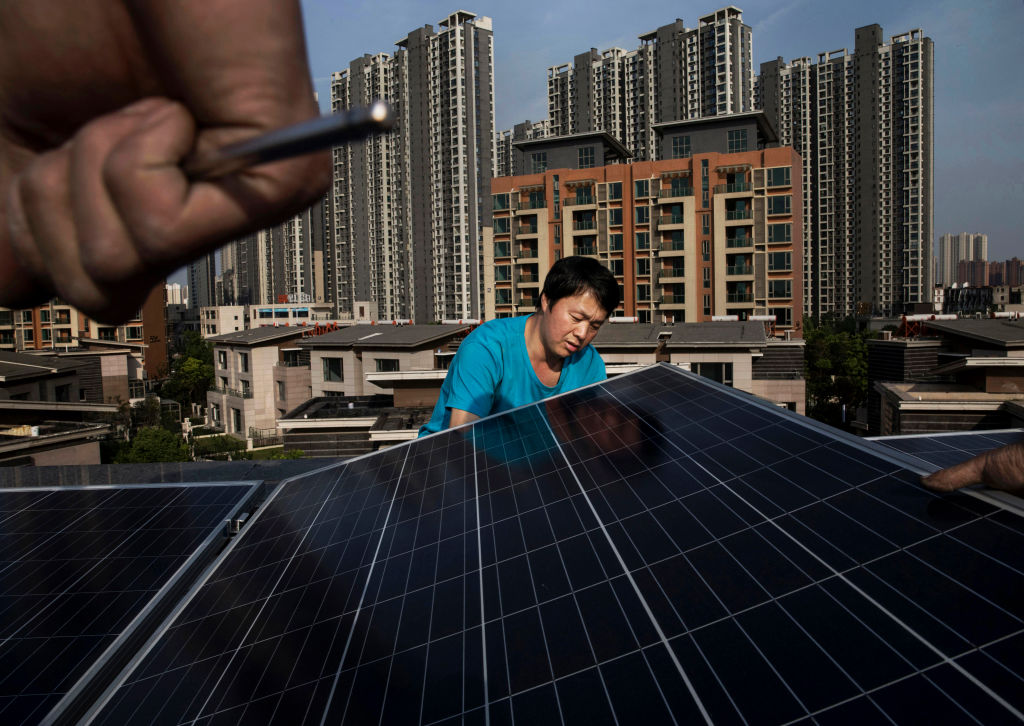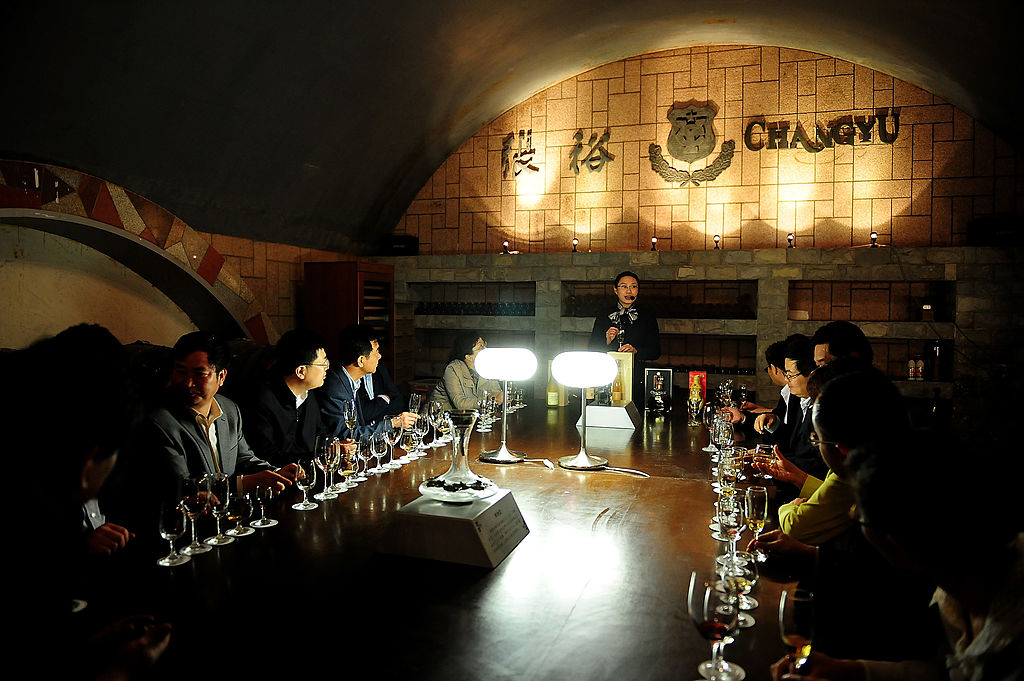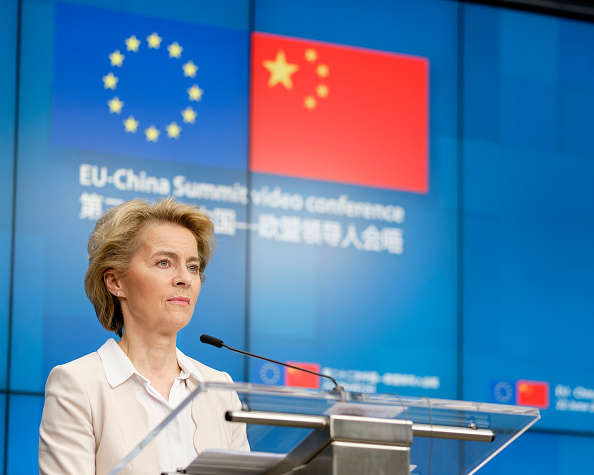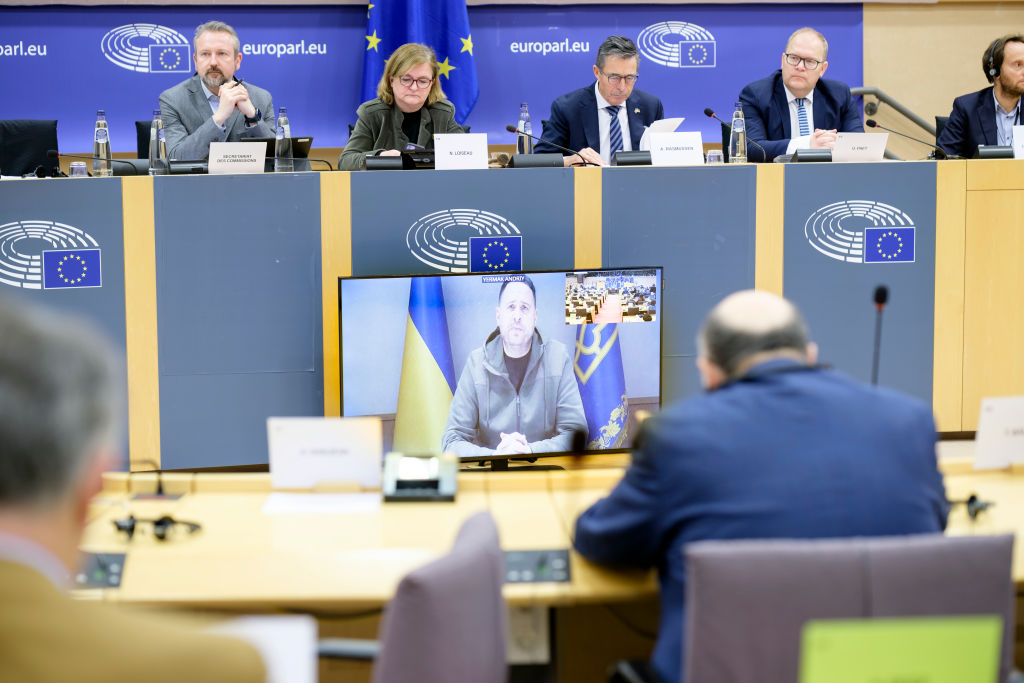EU manufacturers of solar panels are swiftly going out of business, as cheaper Chinese imports outcompete them.
The European solar industry is collapsing despite the EU’s energy transition and expensive efforts to promote solar energy, says industry association SolarPower Europe.
Eight European solar supply chain companies have either restructured their loans, halted production, filed for bankruptcy, or issued warnings of impending facility closures.
Swiss company Meyer Burger Technologies saw its shares drop 87 per cent over the last 12 months, and recently announced it had to close one of Europe’s biggest module production sites, reports the Financial Times.
Prices for solar panels are plummeting as well. In Flanders, Belgium, for example, the government cut back heavily on subsidies and ended a beneficiary VAT rate. Prices still declined by 25 per cent: more than the retracted government benefits.
EU consumers rushed to install solar panels at the end of 2023, but now prices are even more favourable at the till. Wholesalers today spend just half what they did six months ago to purchase a solar panel.
However, last year’s rush has now led to low demand. Today’s low prices are said to result equally from Chinese overproduction and surpluses.
Import restrictions, imposed on China by countries such as the US, have caused exports to be redirected to Europe, claims the European Solar Manufacturing Council.
China sends its excess production to Europe en masse, leading to overstuffed warehouses. Some manufacturers are currently dumping their panels at production cost.
“At the beginning of this year, there were 100 gigawatts of solar panels in European warehouses. That is gigantic, considering that ‘only’ 7 gigawatts are on the roofs in the whole of Flanders,” energy specialist Alex Polfiet of energy consultancy AYA told Belgium’s Mediahuis.
“Due to this large stock, the price has plummeted in recent months,” says Polfiet.
Brussels is under industry pressure to step in and protect its own solar sector by enacting stringent tariffs.
However, tariffs are unpopular in Europe and cause tension between governments.
Closing the EU’s borders to Chinese solar panels was not an option, EU energy policy chief Kadri Simson said March 4.
“There are different proposals how we can support our industry, but clearly we cannot close our borders because we need solar panels,” said Simson, arriving at a March 4 meeting of EU energy ministers.
Shielding the EU from Chinese import could also make it more difficult for Europe to install enough solar energy capacity to satisfy its climate commitments, Simson added.
“We have to support our industry, but we need all the products to meet our very ambitious targets,” she said.
China is the primary source of Europe’s solar panel and component imports.
EU nations deployed record amounts of solar capacity in 2023, 40 per cent more than in 2022.
Approximately 95 per cent of those panels and parts were imported from China, according to the International Energy Agency.





